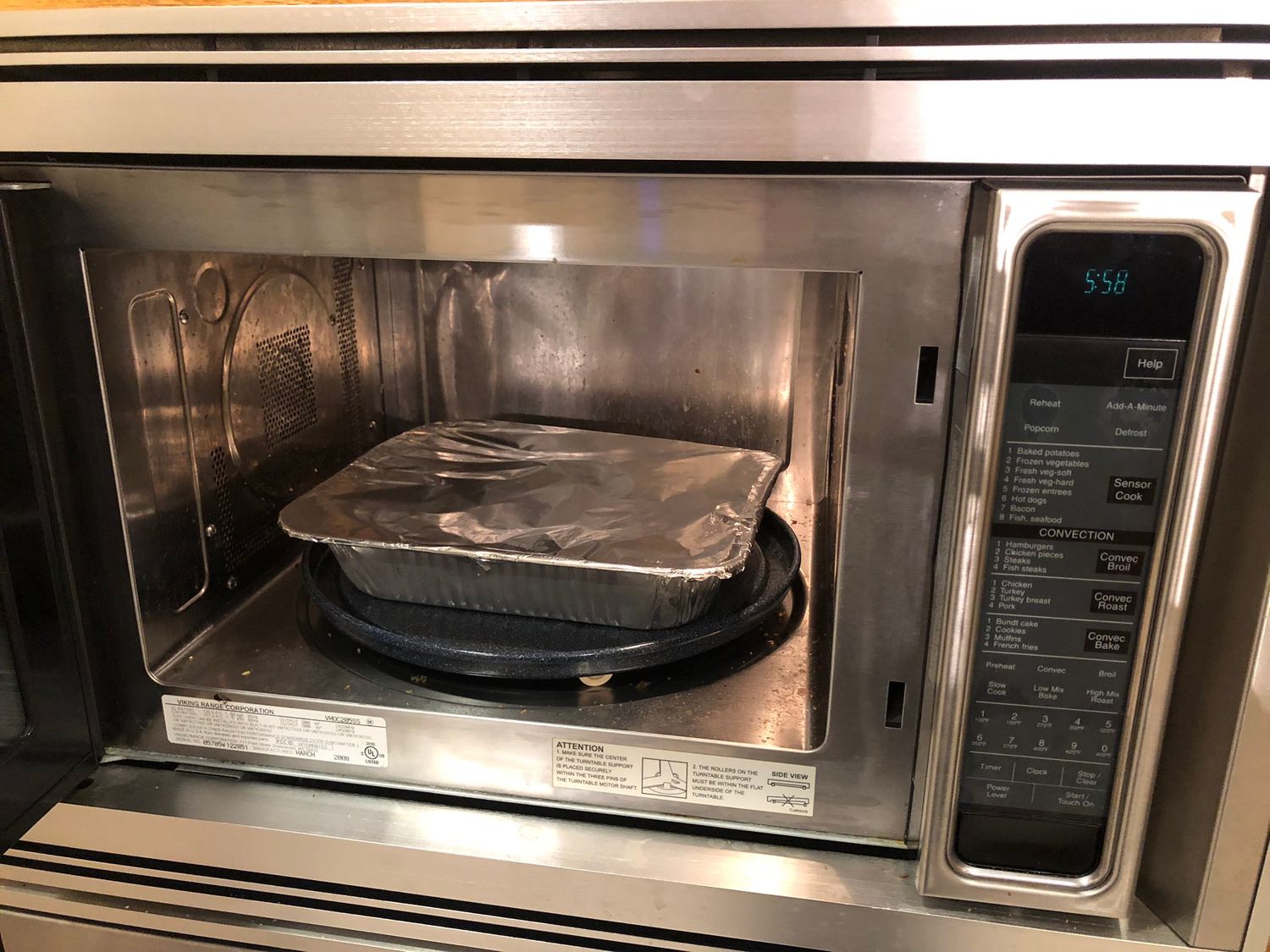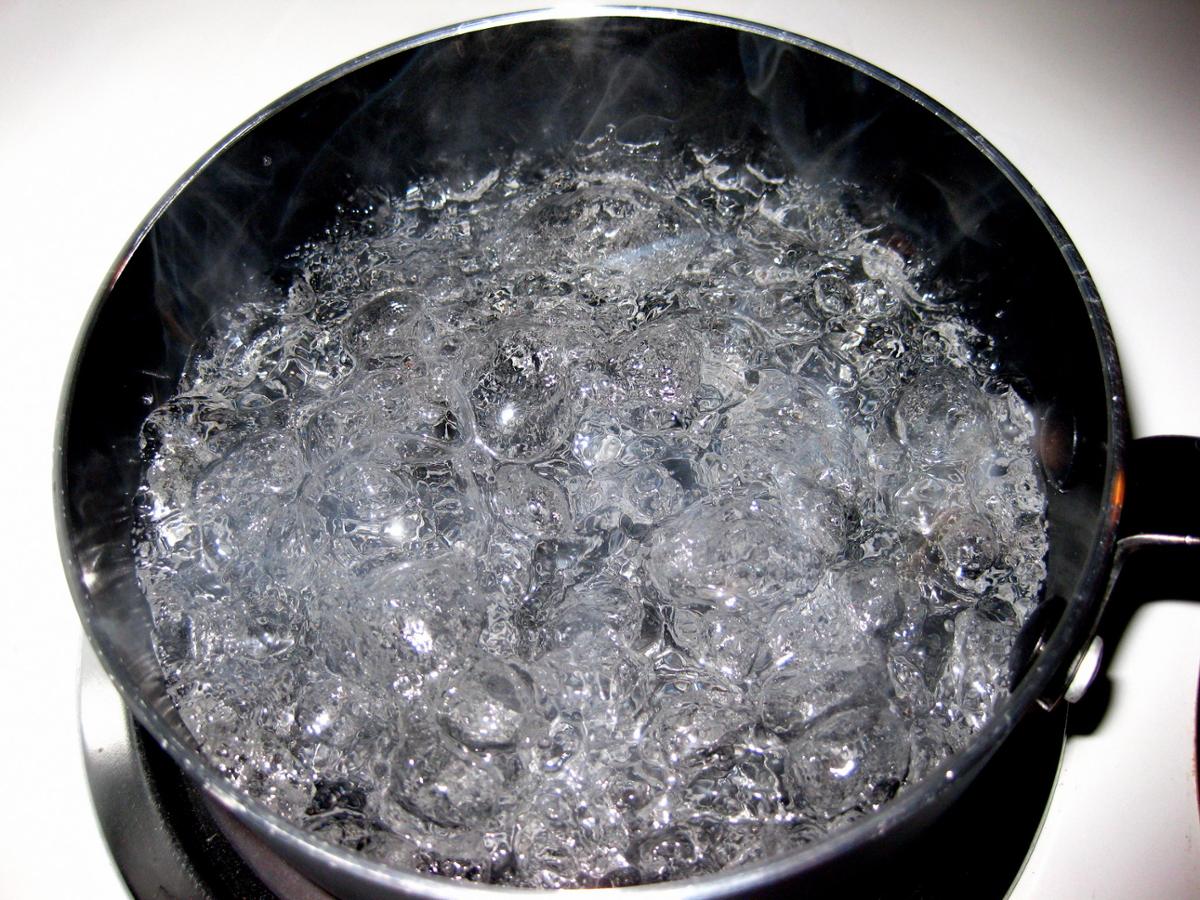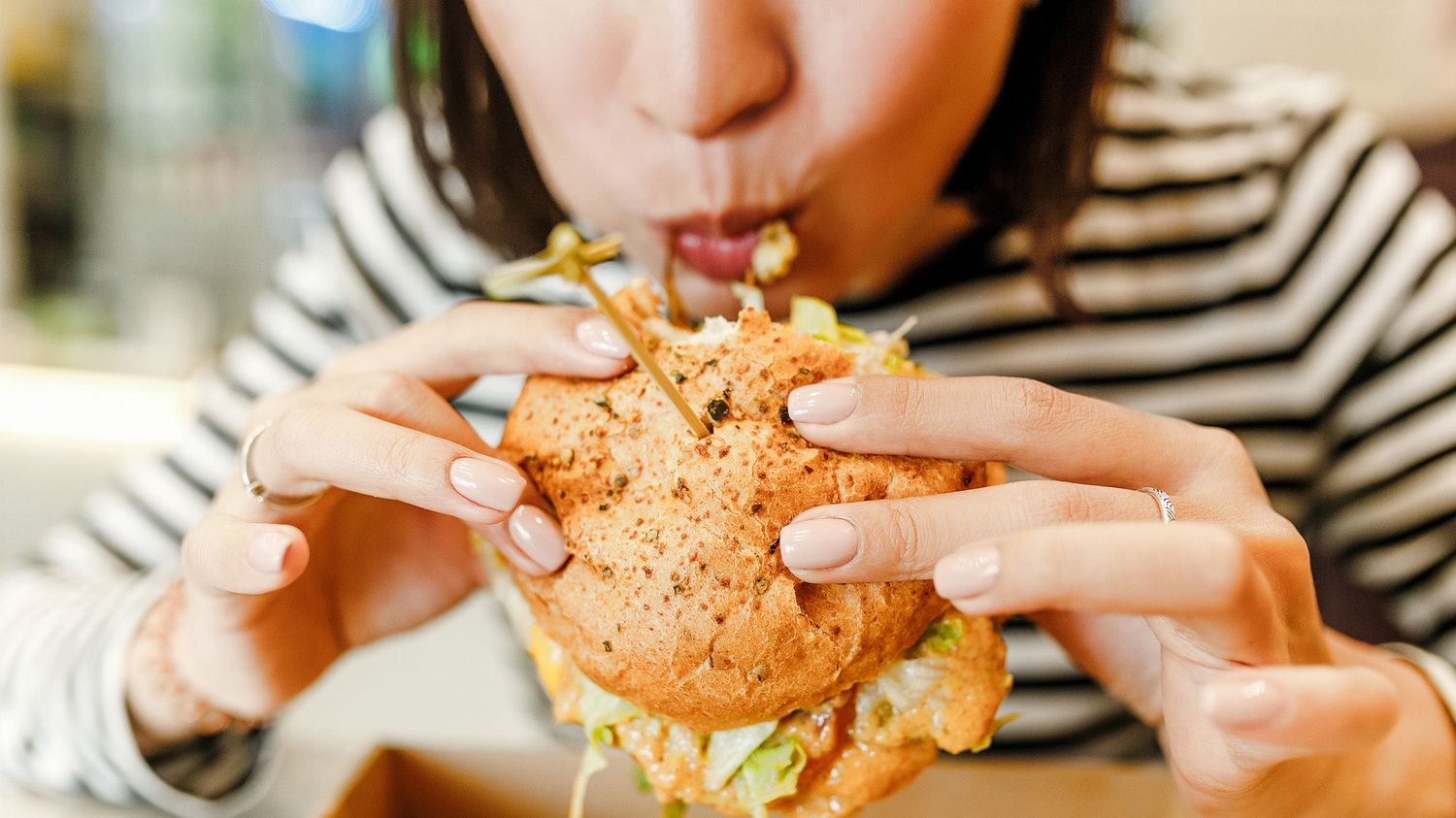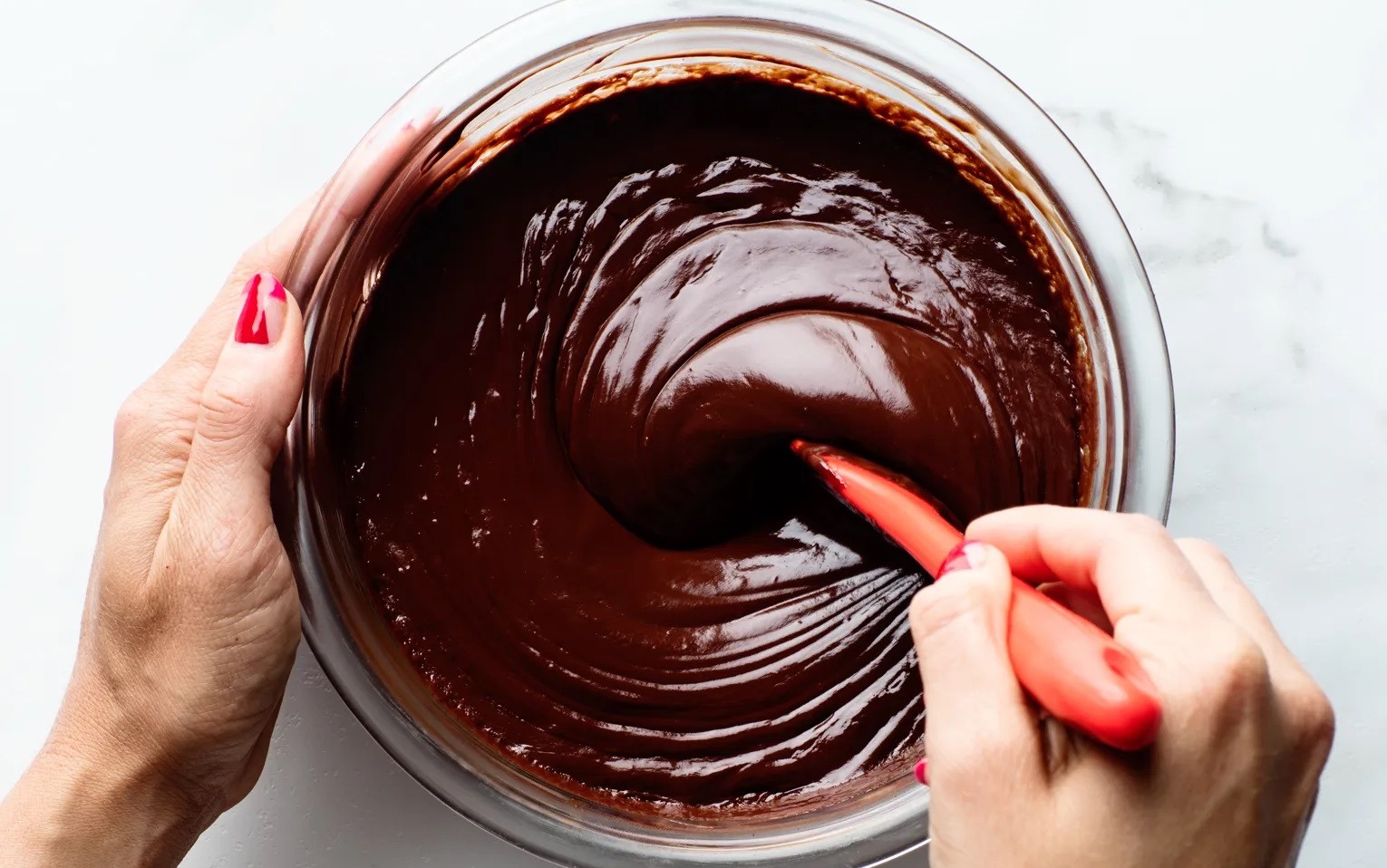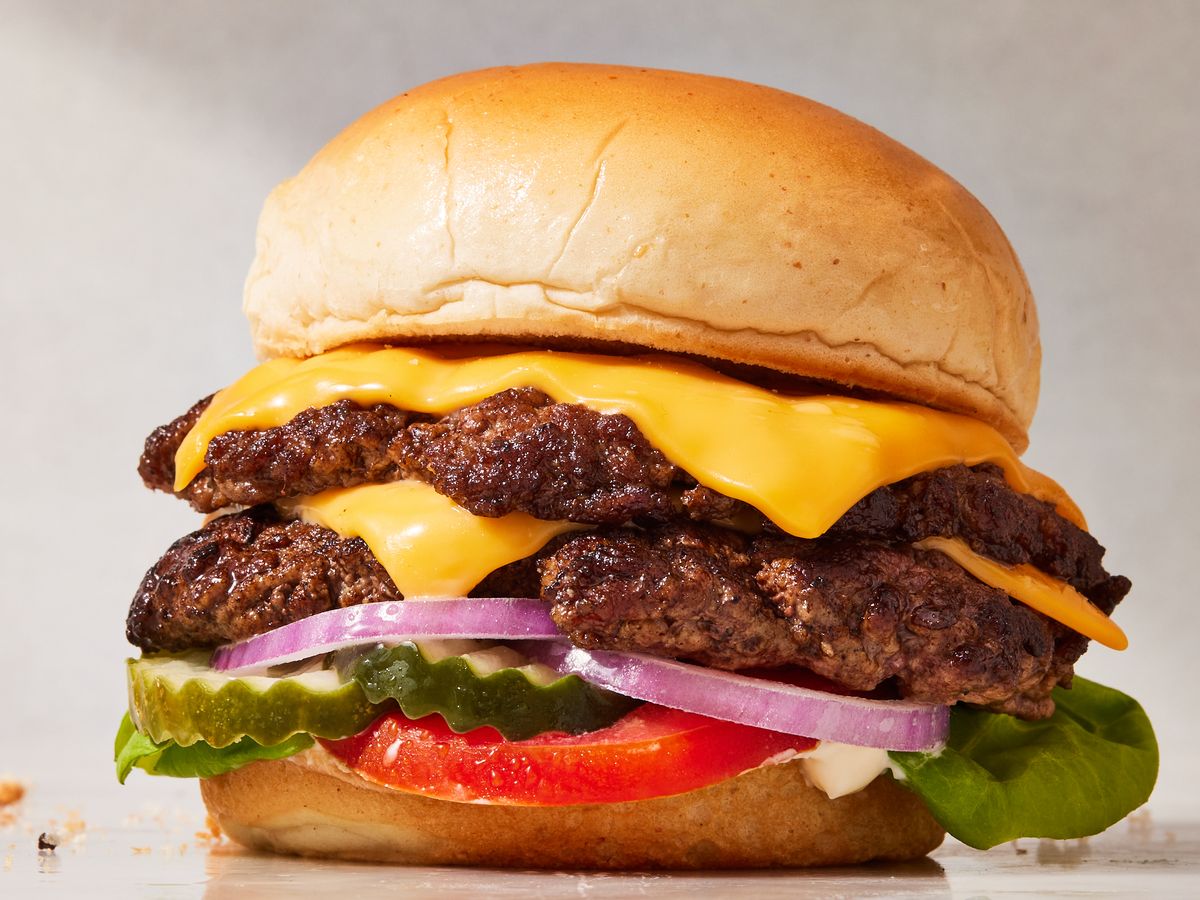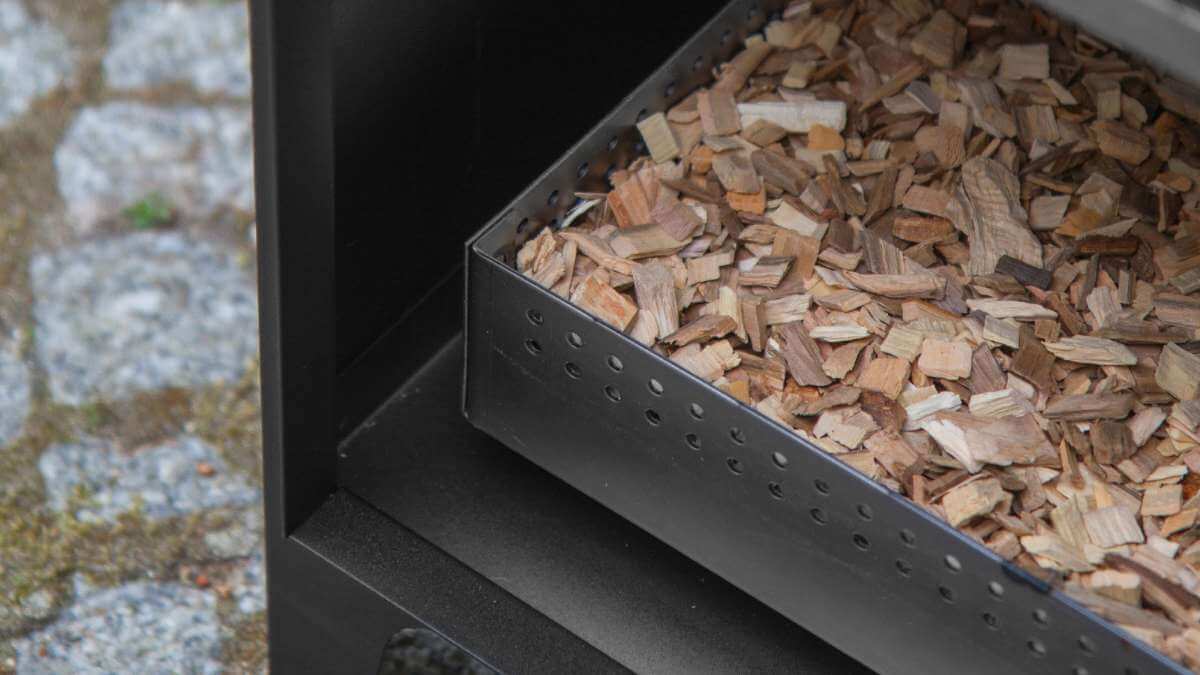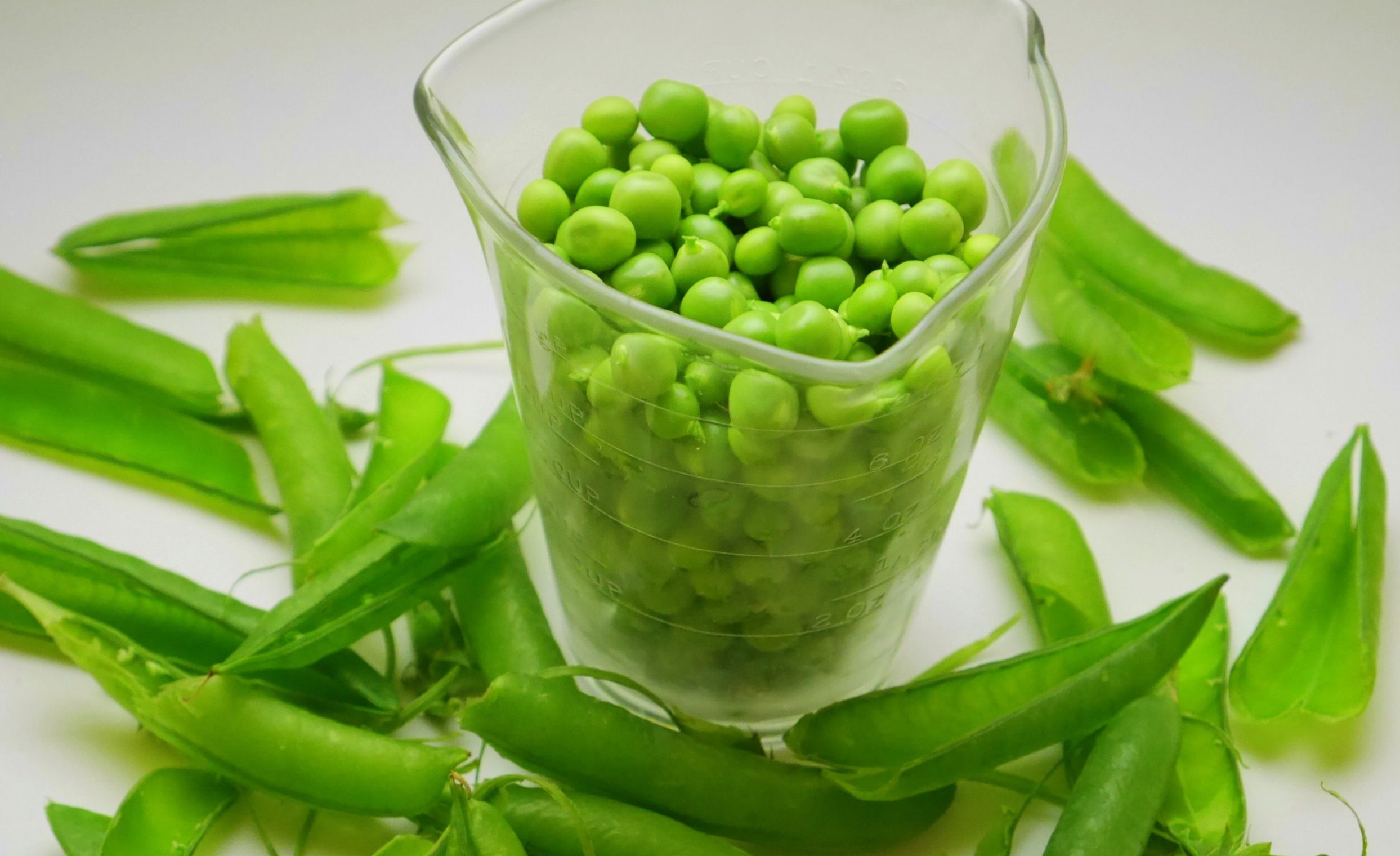Maximizing Your Food Experience: A Guide to Eating Efficiently
Food is not just a source of nourishment; it is an experience that engages all of our senses. From the aroma of freshly baked bread to the vibrant colors of a fruit platter, food has the power to delight and satisfy us. However, eating efficiently goes beyond just enjoying the taste and presentation of food. It involves understanding the science behind how our bodies process and utilize the nutrients in the food we consume. In this guide, we will explore the principles of food science and how to eat efficiently to maximize the benefits of what we eat.
The Science of Chewing
Efficient eating starts with the process of chewing. Chewing is the first step in breaking down food into smaller particles, making it easier for our bodies to digest and absorb nutrients. When we chew our food thoroughly, we aid in the initial breakdown of carbohydrates and fats, allowing for better digestion in the stomach and intestines.
To eat efficiently, it’s important to chew each bite of food at least 20 to 30 times before swallowing. This not only promotes better digestion but also allows us to savor and appreciate the flavors and textures of the food we are eating.
Choosing Nutrient-Dense Foods
Not all foods are created equal when it comes to nutritional value. To eat efficiently, it’s essential to focus on consuming nutrient-dense foods that provide a high concentration of vitamins, minerals, and other essential nutrients per calorie. These foods include fruits, vegetables, whole grains, lean proteins, and healthy fats.
By prioritizing nutrient-dense foods in your diet, you can ensure that your body receives the essential nutrients it needs to function optimally, without consuming excess calories or unhealthy additives.
Portion Control and Mindful Eating
Another key aspect of eating efficiently is practicing portion control and mindful eating. Portion control involves being mindful of the amount of food you consume, while mindful eating focuses on being present and attentive while eating, allowing you to fully enjoy and appreciate your food.
One way to practice portion control and mindful eating is to use smaller plates and utensils, which can help you consume smaller portions without feeling deprived. Additionally, taking the time to savor each bite, chewing slowly, and paying attention to hunger and fullness cues can prevent overeating and promote a more efficient eating experience.
Hydration and Digestion
Hydration plays a crucial role in the efficient digestion and absorption of nutrients. Drinking water before, during, and after meals helps to soften food, making it easier to chew and swallow. It also aids in the breakdown of food in the stomach and the absorption of nutrients in the intestines.
Ensuring that you are adequately hydrated can also prevent confusion between hunger and thirst, leading to more mindful eating habits and better overall hydration.
Meal Timing and Frequency
When it comes to eating efficiently, meal timing and frequency are important factors to consider. Eating regular meals at consistent intervals helps to regulate blood sugar levels and maintain energy throughout the day. It also prevents excessive hunger, which can lead to overeating and poor food choices.
Additionally, incorporating healthy snacks between meals can help to curb hunger and prevent overindulgence during main meals. Opt for nutrient-dense snacks such as nuts, seeds, fruits, and yogurt to keep your energy levels stable and your metabolism active.
Conclusion
Eating efficiently is not just about consuming food; it’s about nourishing your body, savoring the experience, and optimizing the way your body processes and utilizes nutrients. By understanding the science of food and implementing mindful eating practices, you can enhance your overall well-being and make the most of every meal.
Remember, efficient eating is not about restriction or deprivation; it’s about making informed choices and savoring the abundance of flavors and nutrients that food has to offer.

